All Formats & Editions
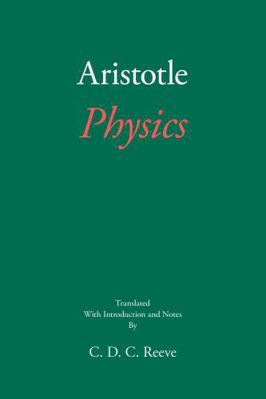
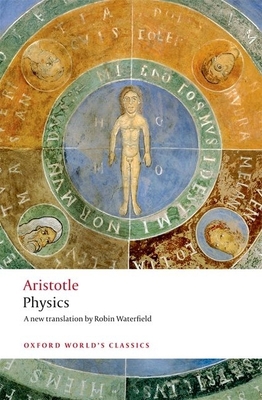
Physics
For many centuries, Aristotle's Physics was the essential starting point for anyone who wished to study the natural sciences. Now, in the first translation into English since 1930, Aristotle's thought is presented accurately, with a lucid introduction and extensive notes to explain...
![Die Physik - Vollständige Deutsche Ausgabe [German] 8026887182 Book Cover](https://i.thriftbooks.com/api/imagehandler/l/235BB7F1694B018291A7D8FDD5EBF16F9E67258F.jpeg)
Die Physik - Vollständige Deutsche Ausgabe [German]
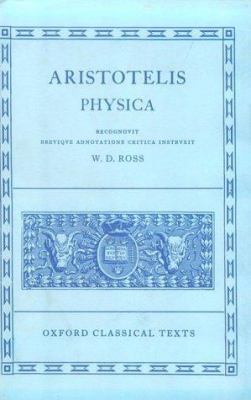
Physica
A new translation of Aristotle's classic work on the natural sciences.
![Aristote: La Physique [French] 2711614018 Book Cover](https://i.thriftbooks.com/api/imagehandler/l/67716973F898C21835EC1AEE02D0F4EE9892CE1C.jpeg)
Aristote: La Physique [French]

Physics or Natural Hearing: Volume 1
The William of Moerbeke Translation Series, under the general editorship of Stuart D. Warner, is devoted to publishing translations of important works - ancient, medieval, and modern - regardless of the original language, in every area of scholarly endeavor, including philosophy,...
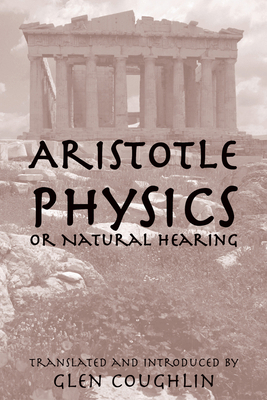
Physics or Natural Hearing: Volume 1
The William of Moerbeke Translation Series, under the general editorship of Stuart D. Warner, is devoted to publishing translations of important works - ancient, medieval, and modern - regardless of the original language, in every area of scholarly endeavor, including philosophy,...
![Física (Spanish Edition) [Spanish] 1517766362 Book Cover](https://m.media-amazon.com/images/I/5109YW0XxxL._SL500_.jpg)
Física (Spanish Edition) [Spanish]
Arist?teles ense?? que los elementos a partir de los cuales se form? la Tierra fueron distintos de los que formaron el cielo y el espacio sideral. Tambi?n ense?? que la din?mica est? principalmente determinada por las caracter?sticas y naturaleza de las sustancias de las que...
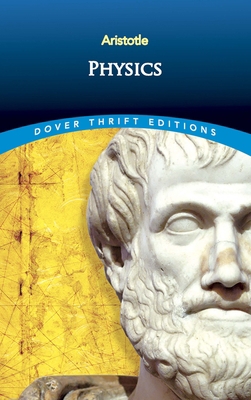
Physics
Written in the fourth century BCE by Greek philosopher and scientist Aristotle, Physics set out to define the principles and causes of change, movement, and motion. For 2,000 years ? until discoveries by Galileo, Newton, and other scientists ? this treatise was the primary source...
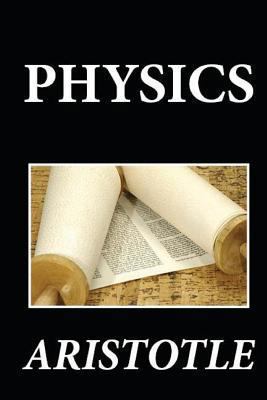
Physics
For many centuries, Aristotle's Physics was the essential starting point for anyone who wished to study the natural sciences. Aristotle deals with many abstract ideas in this book, examining the phenomenon of being, space, motion, matter, time, infinity, magnitude, and more...

Physics
The Greek philosopher Aristotle is one of the founding figures in Western philosophy. His writings cover a multitude of subjects from physics, poetry, theater, music, politics, science and gods. His writings are the earliest known use of formal logic which was latter incorporated...
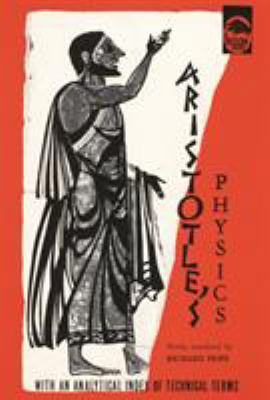
Aristotle's Physics
The history of Western civilization has passed verdict on this book which we cherish as one of the noblest accomplishments of human intelligence. The present age may disbelieve in Aristotle's astronomical theories, but is also rejects Newtonian physics as definitive answers...
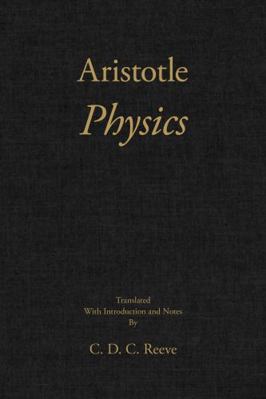

Physics
This work has been selected by scholars as being culturally important, and is part of the knowledge base of civilization as we know it. This work was reproduced from the original artifact, and remains as true to the original work as possible. Therefore, you will see the original...
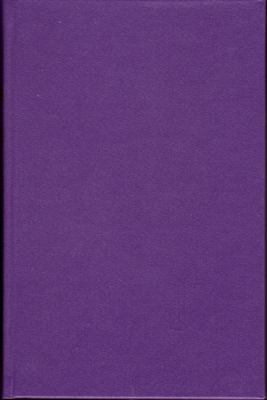
The Physics or Physical Auscultation of Aristot...
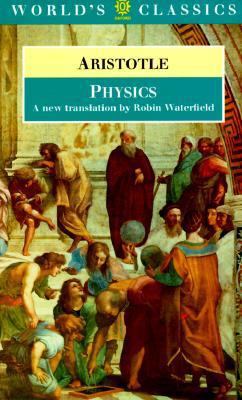
Physics
For many centuries, Aristotle's Physics was the essential starting point for anyone who wished to study the natural sciences. Now, in the first translation into English since 1930, Aristotle's thought is presented accurately, with a lucid introduction and extensive notes to explain...
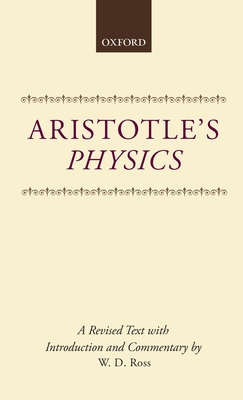
Aristotle: Physics C
For many centuries, Aristotle's Physics was the essential starting point for anyone who wished to study the natural sciences. Now, in the first translation into English since 1930, Aristotle's thought is presented accurately, with a lucid introduction and extensive notes to explain...
![Physique [French] 2080708872 Book Cover](https://m.media-amazon.com/images/I/41LE1w6JeGL._SL500_.jpg)
Physique [French]
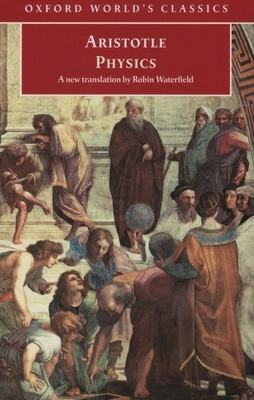
Physics
For many centuries, Aristotle's Physics was the essential starting point for anyone who wished to study the natural sciences. Now, in the first translation into English since 1930, Aristotle's thought is presented accurately, with a lucid introduction and extensive notes to explain...
![Fisica de Aristoteles, Coleccion La Critica Lit... [Spanish] 8470839527 Book Cover](https://i.thriftbooks.com/api/imagehandler/l/E90304E14417CF147CCCCC306968BAE674AB35CE.jpeg)
Fisica de Aristoteles, Coleccion La Critica Lit... [Spanish]
Un estudio detallado sobre la obra maestra F sica de Arist teles traducido por Edmundo Gonzalez-Blanco, con cientos de notas adem s de una extensa introducci n. Editado por Juan Bautista Bergua y presentado por Manuel Fdez. de la Cueva, profesor de filosof a. Arist teles (384-322...
![Aristote, Physique: Tome I: Livres I-IV [French] 2251000445 Book Cover](https://m.media-amazon.com/images/I/312-03Dqk7L._SL500_.jpg)
Aristote, Physique: Tome I: Livres I-IV [French]
![Fisica [Spanish] 1535146192 Book Cover](https://i.thriftbooks.com/api/imagehandler/l/B8FA10BA8A9D46A44B50F9B309E26D3C714485BA.jpeg)
Fisica [Spanish]
F?sica es el t?tulo de un tratado en ocho libros de Arist?teles datado alrededor del siglo IV a. C.Como todas las otras obras aristot?licas, tambi?n la F?sica es el resultado del trabajo de reconstrucci?n, hecho probablemente por Andr?nico de Rodas - erudito de la escuela peripat?tica...
![Aristotelis Physica [Latin] 311236807X Book Cover](https://i.thriftbooks.com/api/imagehandler/l/268A3AACD722B8D0BDD2131D3E8DE3F8341808F3.jpeg)
Aristotelis Physica [Latin]
No detailed description available for "Aristotelis Physica".
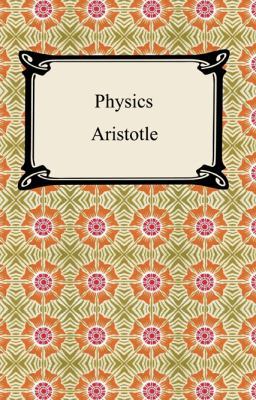
![Fisica (Spanish Edition) [Spanish] 1541006747 Book Cover](https://i.thriftbooks.com/api/imagehandler/l/D66B32B21D53556B158DDFDE0747C0F0E2B31231.jpeg)
Fisica (Spanish Edition) [Spanish]
El fil sofo griego Arist teles (384 a. C. - 322 a. C.) desarroll muchas teor as sobre la naturaleza de la f sica. Estas teor as comprendieron lo que Arist teles describi como los cuatro elementos. Se refiri con gran detalle a las relaciones entre estos elementos y a su din...



